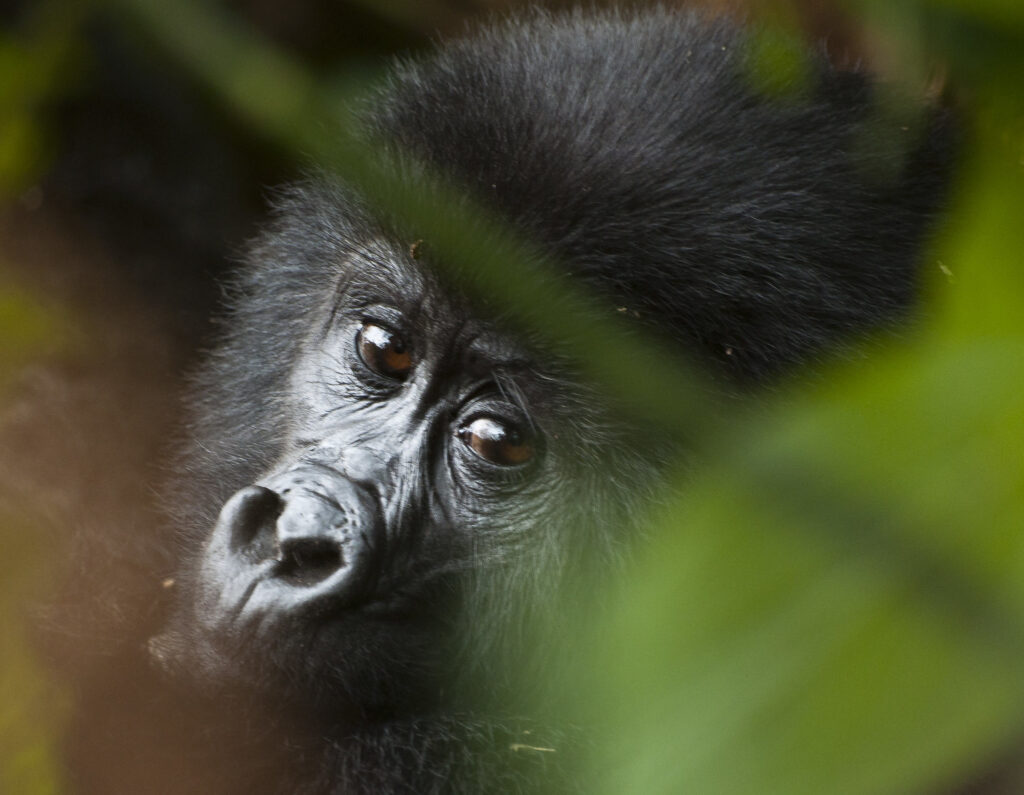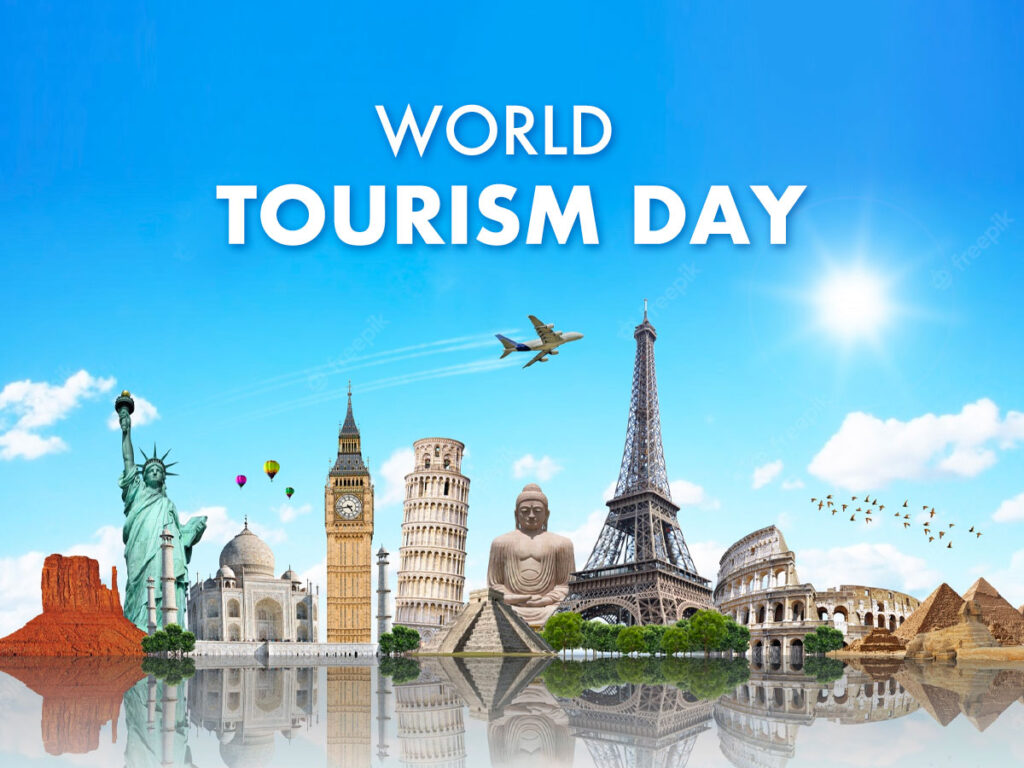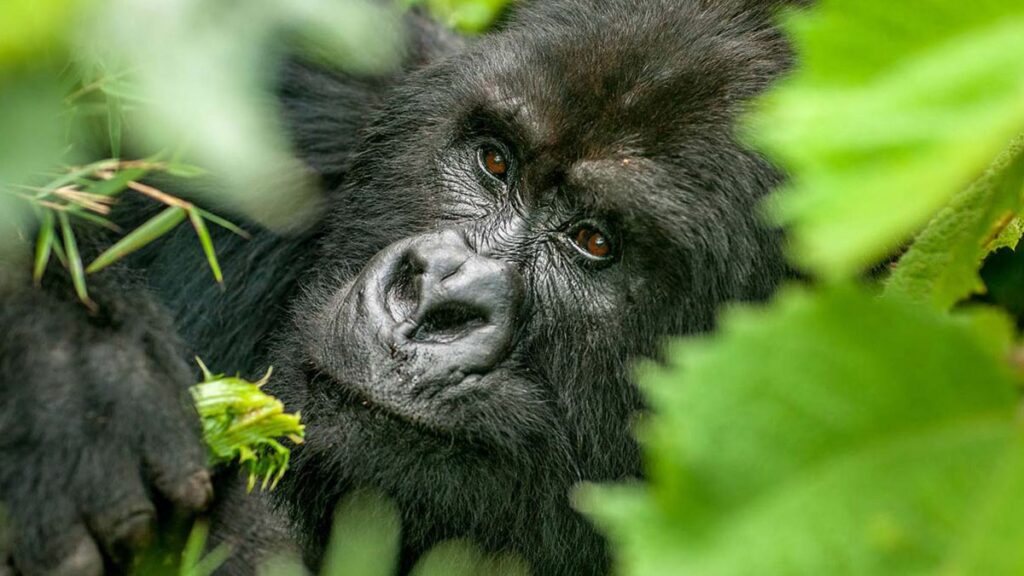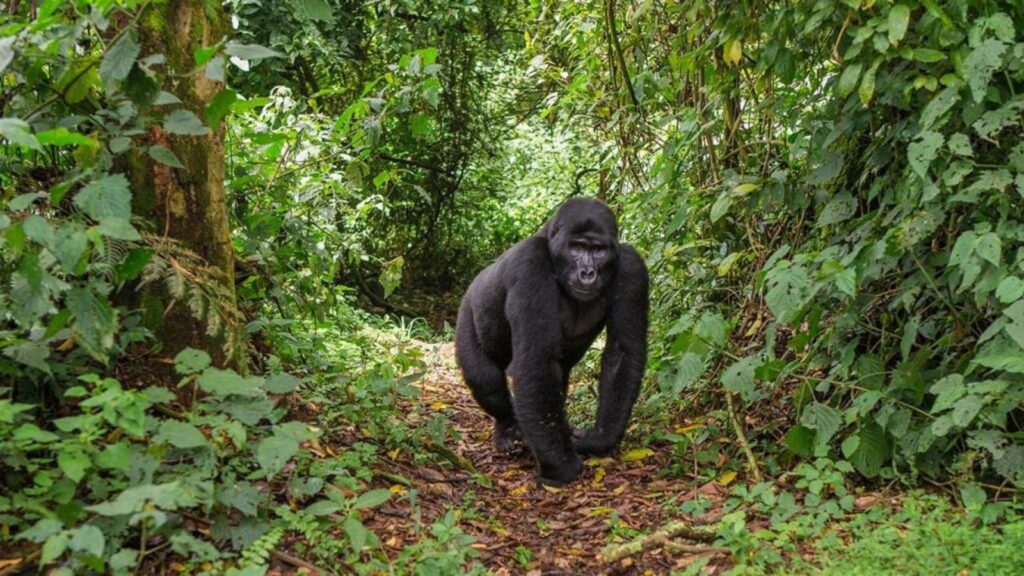Gorilla Trekking Volunteer Programs in Uganda
Gorilla trekking in Uganda is one of the world’s most extraordinary wildlife experiences. For travelers seeking a deeper connection, volunteer programs offer the chance to contribute to conservation and local communities while enjoying close encounters with mountain gorillas. These programs combine adventure with meaningful work, allowing volunteers to make a lasting impact.
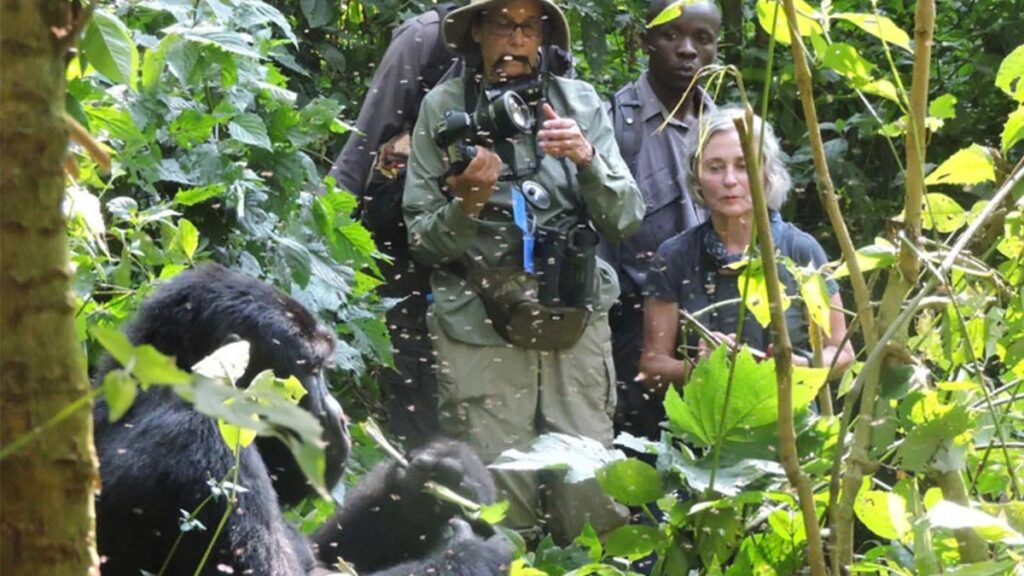
Types of Volunteer Programs
Gorilla trekking volunteer programs vary depending on the organization and focus area. Many programs operate in Bwindi Impenetrable National Park and Mgahinga Gorilla National Park, where volunteers support gorilla conservation projects. Common activities include:
- Assisting rangers in gorilla monitoring and anti-poaching patrols.
- Participating in habitat restoration and reforestation efforts.
- Supporting community projects such as schools, health centers, and eco-tourism initiatives.
- Educating visitors and locals on conservation and wildlife protection.
Volunteers also gain hands-on experience in gorilla research, learning how to track, observe, and document gorilla behavior under expert supervision.
Eligibility and Requirements
Volunteer programs typically require participants to be at least 18 years old. Some projects welcome families or groups, but most involve moderate physical activity, including trekking on steep forest trails. Volunteers should be in good health and prepared for long walks in humid, muddy conditions.
Prior experience in wildlife conservation is helpful but not always necessary. Organizations provide training and guidance, ensuring that volunteers contribute safely and effectively.
Benefits of Joining a Volunteer Program
- Direct Conservation Impact: Volunteers actively support gorilla protection and forest conservation efforts.
- Community Engagement: Many programs work closely with local communities, helping improve education, healthcare, and livelihoods.
- Skill Development: Volunteers gain knowledge in wildlife monitoring, data collection, and eco-tourism practices.
- Unique Wildlife Experience: Trekking with gorillas while contributing to their protection provides a once-in-a-lifetime adventure.
Costs and Duration
Programs usually last from one week to three months, depending on the organization. Costs cover accommodation, meals, training, park fees, and sometimes insurance. Gorilla trekking permits are typically included or arranged separately, so volunteers can experience the gorilla encounter firsthand.
While programs are not free, the fees contribute directly to conservation and local community projects. Many volunteers find that the experience outweighs the cost, offering personal growth and a meaningful contribution.
Tips for Prospective Volunteers
- Research reputable organizations with verified conservation credentials.
- Prepare physically for trekking and fieldwork.
- Pack essential gear such as sturdy boots, rain gear, long-sleeved clothing, and insect repellent.
- Be ready to adapt to remote and rustic living conditions.
- Respect local culture and follow guidelines to minimize impact on wildlife.
Conclusion
Gorilla trekking volunteer programs in Uganda offer an unforgettable way to explore the forests of Bwindi and Mgahinga. Volunteers not only witness mountain gorillas up close but also make a tangible difference in conservation and community development. This combination of adventure, learning, and contribution makes volunteering a highly rewarding experience for anyone passionate about wildlife and sustainable tourism.

